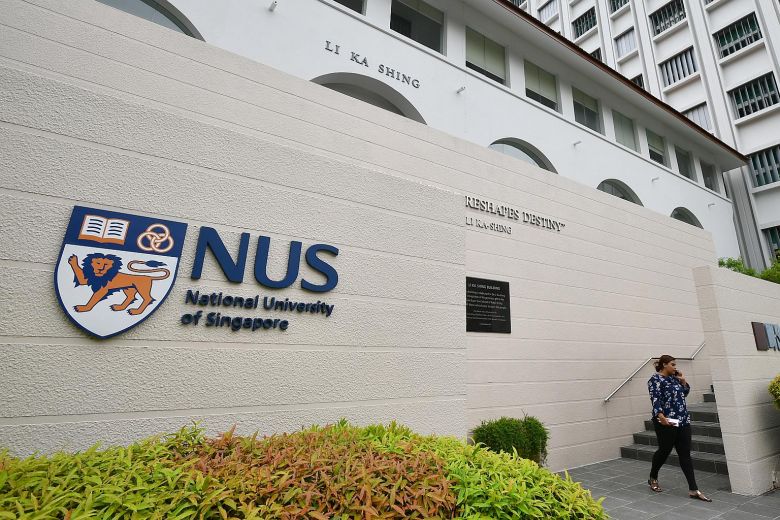The National University of Singapore (NUS) has been ranked the top university in Asia by the London-based Times Higher Education magazine for the third year in a row.
Singapore’s flagship university improved its scores in almost all areas, picking up extra points for its teaching, research, citation impact and knowledge transfer.
It was followed by China’s Tsinghua University in second place and Peking University in third. Nanyang Technological University (NTU) also improved in most areas, but dropped one place to be ranked joint fifth with Hong Kong University of Science and Technology. NTU was overtaken by University of Hong Kong in fourth place.
Both NUS and NTU achieved high scores in all areas of the ranking, in particular on citation impact and international outlook.
Times Higher Education (THE) said the main trend of this year’s Asia rankings is the continued rise of China, which now claims almost one in five places in the rankings.
On Singapore’s success, Mr Phil Baty, editorial director of global rankings at Times Higher Education said: “Singapore is the shining star of the THE Asia University Rankings thanks to its sustained support of its two leading institutions.
“But while NUS still clings on to the No. 1 spot, NTU’s position has declined for the second year in a row due to increased competition from China and Hong Kong.”
He said NUS’ achievement is particularly impressive as it comes against a background of increasingly intense competition, especially from China.
The Times Higher Education Asia University Rankings uses 13 performance indicators, such as research performance, teaching environment and research citations, to rank the universities.
The 2018 ranking has expanded to include 359 universities, up from 298 last year.
NUS President Tan Eng Chye said: “This is an affirmation of the University’s strong progress as a leading global centre of education and research. It is also a strong recognition of the high quality work accomplished by our team of faculty, staff and students.
“As the higher education landscape continues to evolve rapidly, we aim to accelerate NUS’ transformation over the coming years. We will intensify our efforts in nurturing future-ready graduates and expand lifelong education initiatives to benefit our alumni and Singaporeans. We will also deepen the translational impact of NUS’ research, and enhance our vibrant ecosystem to further foster innovation and entrepreneurship.”
NTU President, Professor Subra Suresh, noted that NTU has made impressive progress in a very short time, having risen from No. 11 when the THE Asia rankings began in 2013.
“NTU continues to make overall progress including in the areas of research, international outlook and industry engagement,” he said, adding that NTU holds the top spot among Singapore universities in three areas – citations per paper, industry income and international outlook.
Professor Suresh, who was handpicked by former president Barack Obama to helm the National Science Foundation in the United States, took over the helm at NTU last month. He said Singapore universities will face growing challenges as they compete with the rest of Asia and the world for the best talents and resources.
“Singapore is new to the global innovation game, and will face formidable competition from the traditional Asian giants, China and India, that have young and dynamic populations, and other universities that are steadily catching up.
“The challenge for us is to be nimble and to continue to attract, nurture and retain top talent and establish strategic partnerships with leading academic and industrial organisations.”
Article & Photo from Straits Times.


